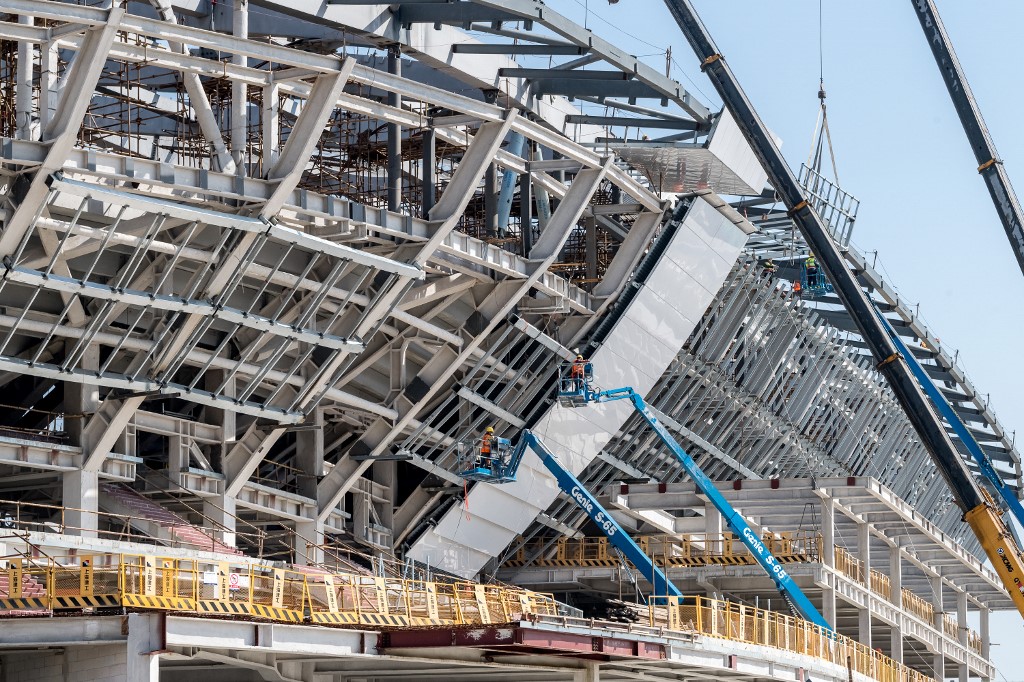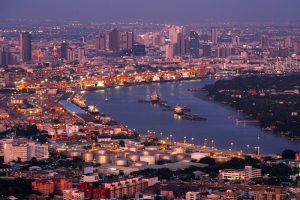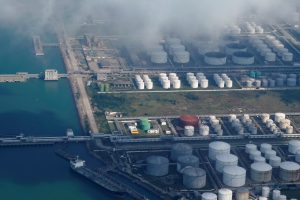(ATF) China’s plan to incentivise private investments through partnerships with the government is vital in helping the world’s second-biggest economy become less reliant on external demand and could hold the key for a rebound.
This could mark a switch, albeit temporary, to the tried and tested playbook of investment-driven growth from consumption.
Widely expected to be the first major economy to come out of the coronavirus crisis, China announced on Tuesday that a total of 150 new PPP (Public-Private-Partnership) projects had been added in the first quarter of this year. The announcement made by its macroeconomic management agency, the National Development and Reforms Commission takes the total of such projects to more than 7,000.
“Infrastructure is always the quickest way to revive the economy, and PPP is one the channels,” said Michelle Lam, Greater China economist at Société Générale. “That said, a lot of infrastructure projects tend to have long investment horizons and huge upfront costs. It is actually difficult to get the private sector involved without more supportive policy measures.”
Beijing has raised the ceiling on borrowings by local governments for infrastructure investment, bringing forward projects mainly to do with transportation from the 14th Five-Year Plan (2021-2025) to begin this year, providing support to infrastructure investment at a time when the private sector lacks the capacity to increase capital expenditure.
“Private consumption and net exports will likely remain key drags in the forthcoming quarters, while investment will continue to see a tussle of downside and upside forces between shrinking private investment and government stimulus propping up infrastructure investment,” said Fitch Solutions in a note published after China reported its first economic contraction since 1992.
Shrinking GDP
On Friday, China reported its first-quarter GDP shrank 6.8%, as a nationwide lockdown to battle the spread of the coronavirus crimped domestic demand, slammed production activity and halted movement of goods and its 1.4 billion citizens.
Domestic consumption, a major driver of economic growth in recent years, has weakened – reflected in the 15.8% decline in retail sales in March – and this remains a concern among policymakers.
“Consumption, now the biggest segment of the Chinese economy, contracted far more as retail sales in the quarter were down 19% year-on-year, much higher than the expectations of minus 12.5%,” said Binay Chandgothia, portfolio manager at Principal Global Investors.
“On the other hand, industrial production contracted a little less, at 8.4% versus expectations of 10%. As China begins its return to normalcy, the challenge will be to get consumption spending going.”
This contraction in consumption demand could alter Beijing’s plan to transition to a consumption-led, domestic-driven economy.
“China’s short-term growth prospect will be geared towards investment from consumption,” said Gary Ng, Asia-Pacific economist at Natixis. “The reason is infrastructure investment can be controlled tighter by the government with higher special local government bond issuance supported by liquidity unleashed from expansionary monetary policies.”
Most of China’s “New Infrastructure” spending – on projects such as 5G networks and data centres – are via private-only projects or PPP. These projects, with an outlay of 8 trillion yuan ($1.1trn) are mainly around digitising the economy, telecommunications, production lines and other initiatives that influence the way its citizens work and consume. In theory at least such projects would be more efficient compared with state-owned enterprises (SOEs).
“The long-term impact may be mixed,” said Natixis’s Ng. “Although the Chinese economy is decelerating towards a more sustainable growth rate, income in China should continue to increase and fuel consumption after the virus outbreak. But the accelerated trend in deglobalisation means the ability in manufacturing both traditional and high-tech products will be increasingly important. To this end, China may indeed further increase investment but not solely on infrastructure.”
























